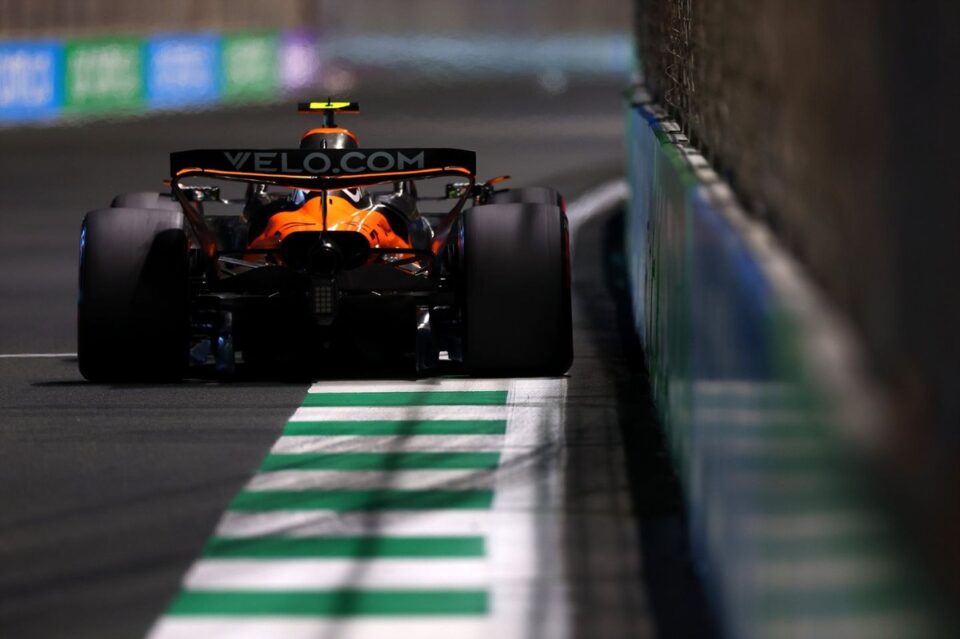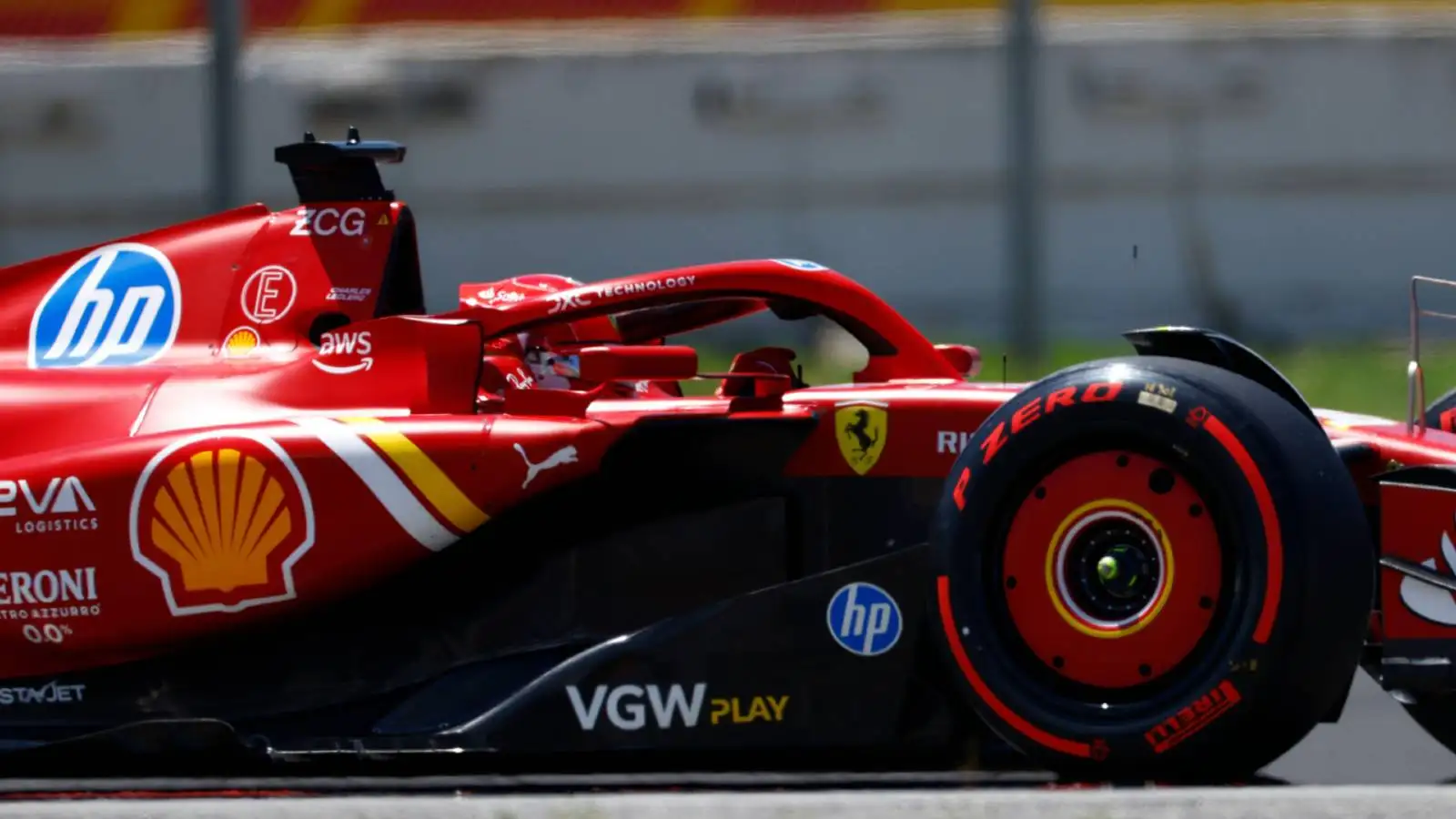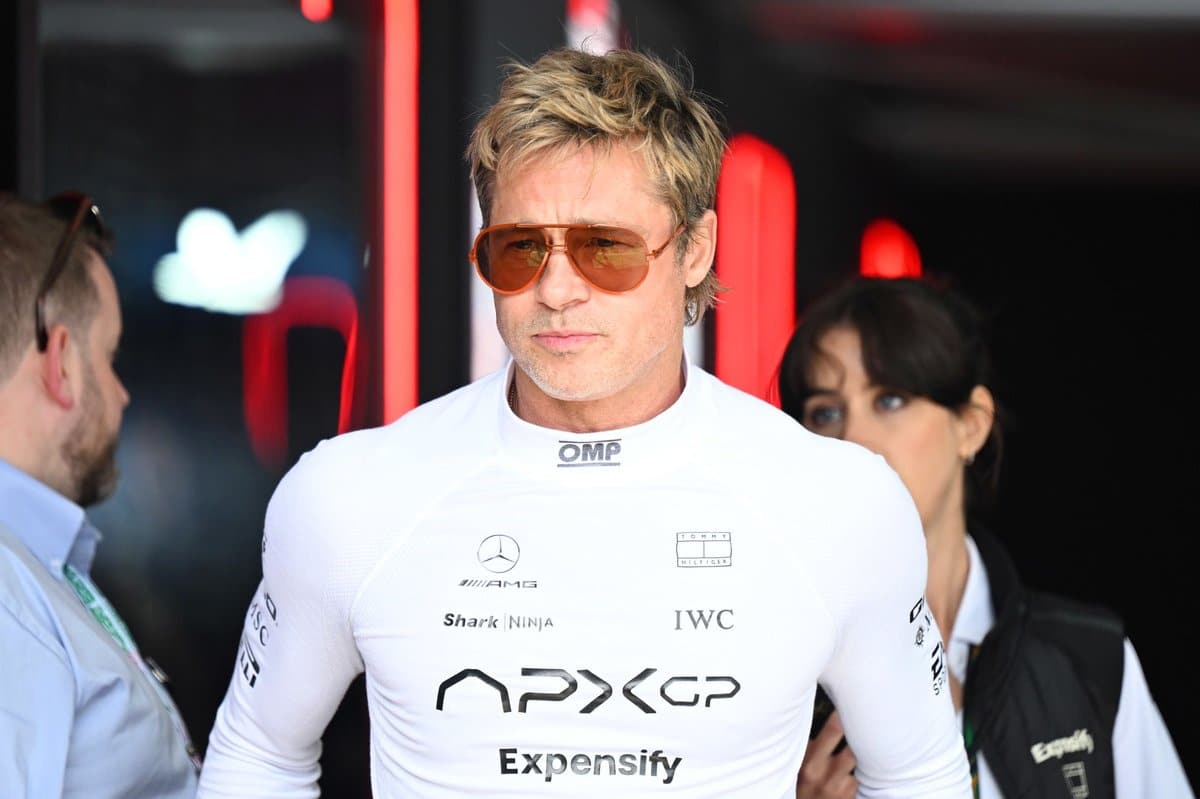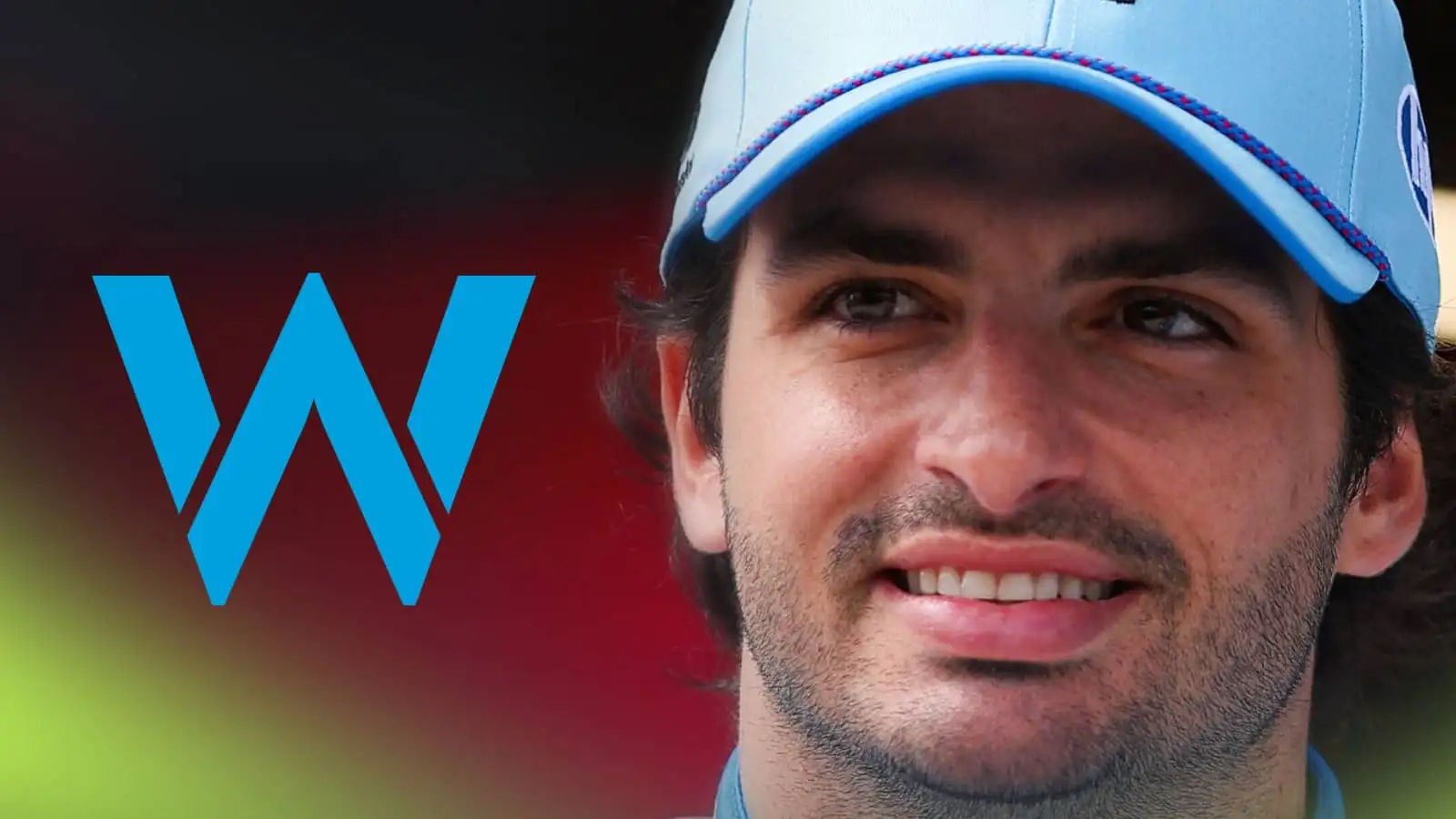Max Verstappen’s performance in the Saudi Arabian Grand Prix has once again sparked debate, but this time it’s not about his driving skills, but the penalty he received during the race.
Max Verstappen, despite a challenging weekend in Bahrain, reminded everyone why he’s considered one of Formula 1’s greats with his performance at the Saudi Arabian Grand Prix. Red Bull Racing was uncertain about its long-run capabilities but displayed impressive one-lap speed, which was evident when Verstappen took pole position from Oscar Piastri by a narrow margin. On race day, Verstappen’s pace remained formidable as he led the race up until the first pit stop, eventually crossing the line in second place.
However, his race could have looked entirely different had it not been for the penalty he received. The tension was palpable as Verstappen and Piastri engaged in a fierce battle for the lead. Both drivers were aggressive, but as they approached Turn 2, Verstappen chose a more audacious line by diving inside, which led him to briefly leave the track and subsequently, usurping the lead. The decision by the stewards was clear-cut: Verstappen had crossed a line, resulting in a five-second penalty.
Gian Carlo Minardi, a former Formula 1 team owner, expressed his disagreement with this decision. According to Minardi, Verstappen’s advantage from the maneuver was significant, and a harsher penalty was warranted. His suggestion? A drive-through penalty. Such penalties require drivers to pass through the pit lane at a restricted speed, potentially having a much greater impact on their race outcome.
Drive-through penalties, which are typically reserved for infractions related to race starts or pit procedures, can be a game-changer. Minardi argues that, given Verstappen’s substantial lead and the early timing of the incident, a drive-through would have been more consistent with the infraction. This viewpoint highlights the subjective nature of penalty assignments in Formula 1, where the lack of stringent guidelines can lead to varied interpretations.
Despite the five-second penalty, Verstappen managed to maintain a strong performance, finishing just over two seconds behind Piastri. The outcome suggests that the penalty might not have been sufficient to negate the advantage gained. Minardi’s comments have stirred conversations among fans and pundits, further blurring the lines on how penalties should be determined and enforced.
In the world of Formula 1, where every second counts, the debate over Max Verstappen’s penalty in Saudi Arabia serves as a reminder of the intricate balance between fair play and competition. The discourse surrounding penalty severity and its impact on race outcomes continues to be a hot topic as stakeholders ponder the need for clearer guidelines.










